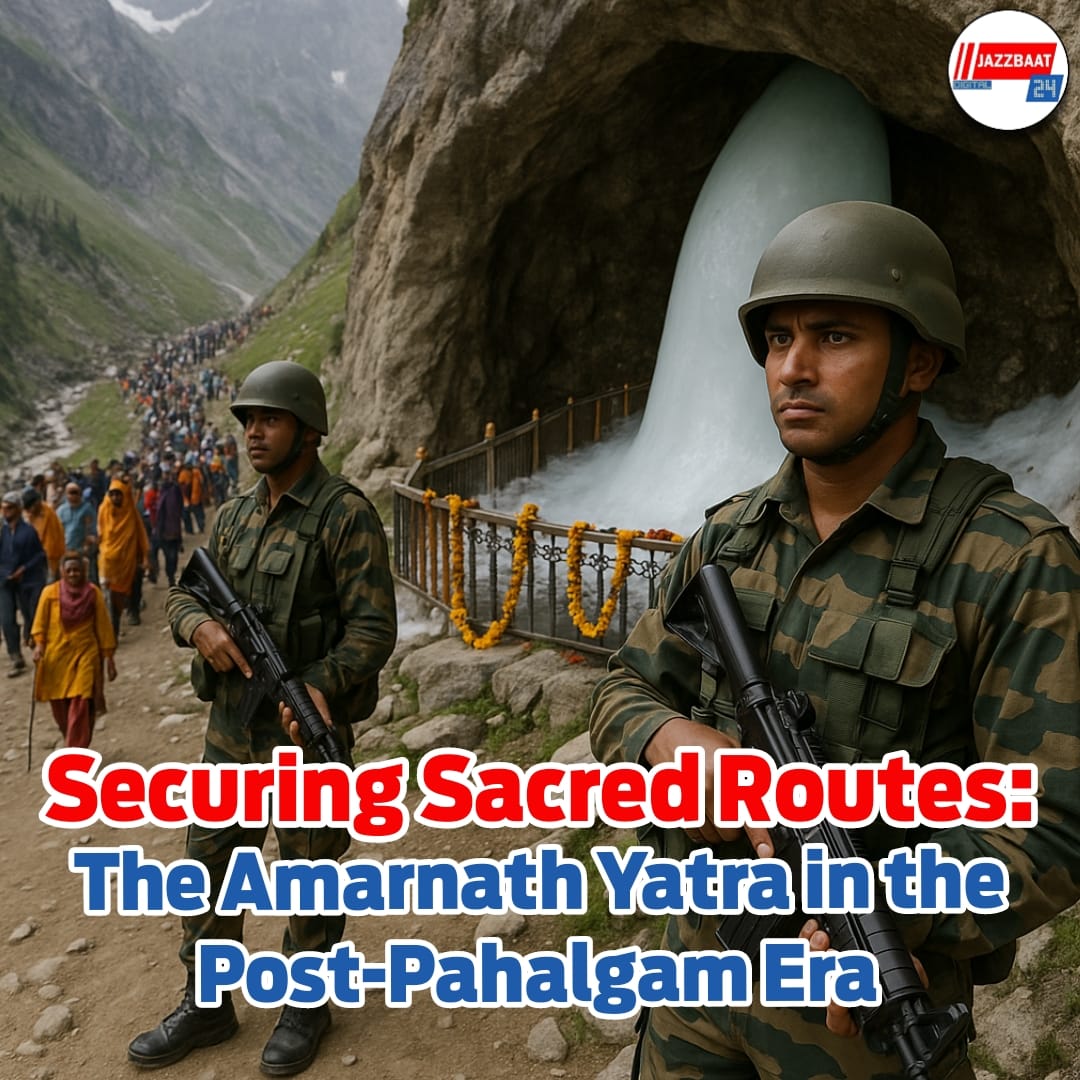The recent terror strike at Pahalgam, Jammu and Kashmir, where 28 innocent pilgrims lost their lives has blackened the upcoming Amarnath Yatra. An age-old symbol of faith, power, and cohabitation, the Yatra now faces the possibility of fresh security issues that demand immediate attention by both the government and civil society.
Pahalgam, or the 'Gateway to Amarnath' as it is perhaps more celebrated, is more than just a tourist destination, it is a religious lifeline for thousands of pilgrims. The ferocity of the recent attack there is a harbinger of a sinister omen: terrorists want to target symbols of peace and religion to instill fear and anarchy. In such a situation, guaranteeing the safety of the Amarnath Yatra is not just an operational necessity but a moral need.
The government's suggestion to negotiate permanent deployment of the Army and paramilitary troops along the Yatra route is a welcome step. Adhoc arrangements have time and again been found wanting, especially against terrorists who are adapting with new modalities such as the employment of hybrid militants—locals without a criminal record. A permanent stationing of troops, armed with advanced spy equipment and backed up by real-time coordination of intelligence, would be a good deterrent.
But security is more than boots on the ground. There must be collaboration from the administration, local citizens, and religious boards. The locals, typically guides, pony owners, and porters on the Yatra, can be a strong reporting source for suspicious behavior. Building trust and outreach to the community must be part of the long-term security plan.
In addition, it is essential that security focus does not diminish the religious sanctity of the pilgrimage. Pilgrims need to be safe but not watched. Smart technology—like biometric registration, drone surveillance, and AI-powered threat analysis—can help meet this delicate balance.
Amarnath Yatra is not a trek to the mountains—it's a pilgrimage. Preserving it is preserving the soul of Kashmir. Beyond Pahalgam, we must prevent terror from finding soil. What our response must be, instead, is to reassert resilience, solidarity, and freedom of worship without fear.
